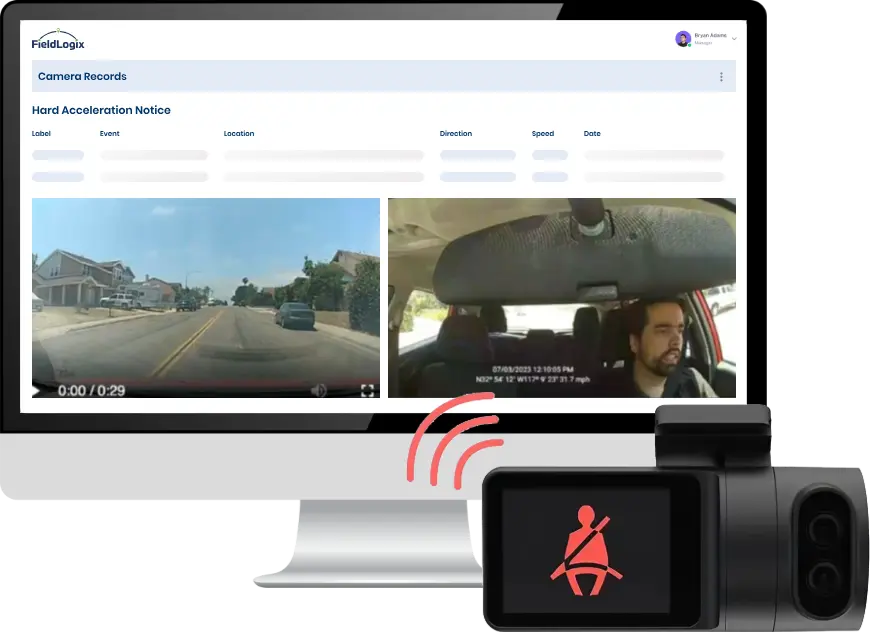GPS System Interference Threatens 3 Million U.S. Jobs
GPS System Interference Caused By LightSquared’s Network Threatens 3.3 Million U.S. Jobs and $96 Billion in Annual Direct Economic Benefits Are at Risk
According to an economic study released this week, over 3.3 million American jobs depend heavily on Global Positioning System (GPS) technology. The economic study by Dr. Nam D. Pham of the Washington, D.C.-based NDP Consulting Group warns of “serious economic repercussions for the U.S. economy” if the GPS system is disrupted by interference, referring to a new network being built by Lightsquared.
LightSquared’s plans, according to the report, could cause serious economic consequences. “The commercial stakes are high. The downstream industries that rely on professional and high precision GPS technology for their own business operations would face serious disruption to their operations should interference occur, and U.S. leadership and innovation would suffer.”
The report, which traces the development of GPS from its U.S. military origins to today’s widespread commercial and consumer use of GPS, states that “the economic benefits of GPS to the U.S. economy are substantial. GPS manufacturers create employment, provide earnings, add value, and generate tax revenues for governments. Importantly, GPS technology improves productivity and produces cost-savings for end-users.”
The disruption of interference with GPS posed by LightSquared’s planned deployment of 40,000 ground stations threatens direct economic costs of up to $96 billion to U.S. commercial GPS users and manufacturers, according to an economic study released today. The study says that the $96 billion economic figure represents the equivalent of 0.7 percent of the U.S. economy.







